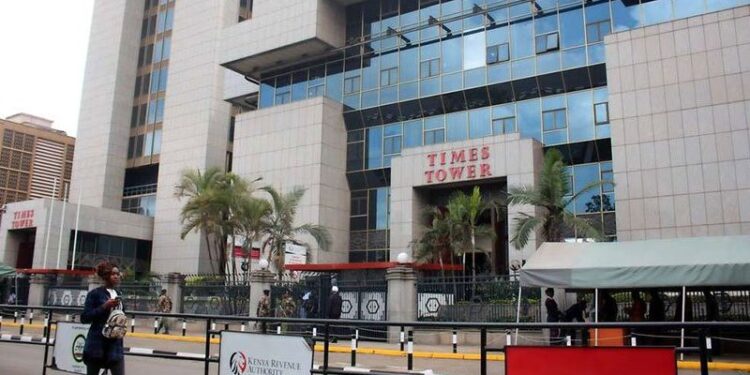In a major victory for the Kenya Revenue Authority (KRA), the High Court has overturned a decision by the Tax Appeals Tribunal (TAT), reaffirming strict rules on input VAT deductions related to passenger vehicle expenses. The ruling, delivered on May 20, 2025, clarifies the boundaries of VAT deductibility and tightens compliance expectations for professional services firms across Kenya.
The dispute involved RSM Eastern Africa LLP, a local consulting and audit firm that had claimed input VAT on taxi services used during its business operations. The claim arose from a 2018 tax audit conducted by the Commissioner for Domestic Taxes, which flagged inconsistencies in RSM’s VAT declarations.
Although the Commissioner initially assessed VAT arrears for April 2018, the figure was partially adjusted following an objection from RSM. A key point of contention remained: whether input VAT on taxi services was deductible for a firm not engaged in vehicle leasing or sales.
Background to the Dispute
The Tax Appeals Tribunal had earlier ruled in favour of RSM, reasoning that since the taxi services were used to support business operations, the related VAT should be deductible. However, KRA challenged this position, asserting that under Section 17(4) of the VAT Act, deductions related to the hire or use of passenger vehicles are strictly limited to businesses whose primary activity involves the sale, leasing, or hiring of such vehicles.
Strict Interpretation of VAT Law
In siding with KRA, the High Court emphasized that tax statutes must be interpreted according to their clear and literal meaning. The judge highlighted that the use of the term “exclusively” in the VAT Act leaves no room for interpretation based on convenience or intention.
“The respondent failed to show that it was in the business of hiring or selling vehicles on a continuous and regular basis. Therefore, the deduction claimed was unlawful,” the Court ruled. It added that the taxpayer’s operational convenience cannot override explicit statutory provisions.
By this logic, RSM’s role as a consultancy firm fell outside the scope of businesses permitted to deduct input VAT on passenger vehicle services, regardless of whether the vehicles were used for legitimate business purposes.
The Court’s decision sets a strong precedent and sends a clear message to businesses in the consultancy, legal, audit, and professional services sectors. Firms that rely on third-party vehicle services for business operations may no longer assume deductibility unless they meet the strict qualifications outlined in the VAT Act.
This ruling is particularly significant given the growing scrutiny on VAT compliance and deductions by the KRA. It reinforces the need for companies to review their tax practices and ensure alignment with current legislation.
While the Court upheld KRA’s appeal, it declined to award legal costs to either party. This indicates a balanced approach, acknowledging the legal complexity while still affirming the authority’s interpretation of tax law.
By setting aside the TAT’s decision, the Court reaffirmed the principle that strict statutory interpretation will govern VAT disputes in Kenya going forward. This limits flexibility in how businesses apply VAT deductions, particularly for costs related to passenger vehicles.
For the KRA, the ruling represents a strategic win in its ongoing efforts to curb tax leakage and enforce strict compliance across all sectors. The authority has consistently highlighted abuse of input VAT claims as a concern, especially among service-based companies that frequently utilize transportation services but fall outside the statutory scope for vehicle-related VAT claims.
The case also strengthens KRA’s audit and enforcement mechanisms by validating its interpretative stance on key clauses of the VAT Act. Taxpayers, especially in the professional services domain, are now expected to reassess their VAT policies and make necessary adjustments to avoid future disputes.
Legal experts anticipate that this ruling will guide similar disputes in the future, serving as a reference point for both tax administrators and taxpayers. Businesses are advised to seek legal and tax advisory support to ensure their operations remain compliant, especially in areas where legislative language is prescriptive.
As KRA ramps up its compliance drive and closes loopholes in the VAT system, firms will need to adapt by aligning their financial and operational practices with the evolving tax landscape in Kenya.





